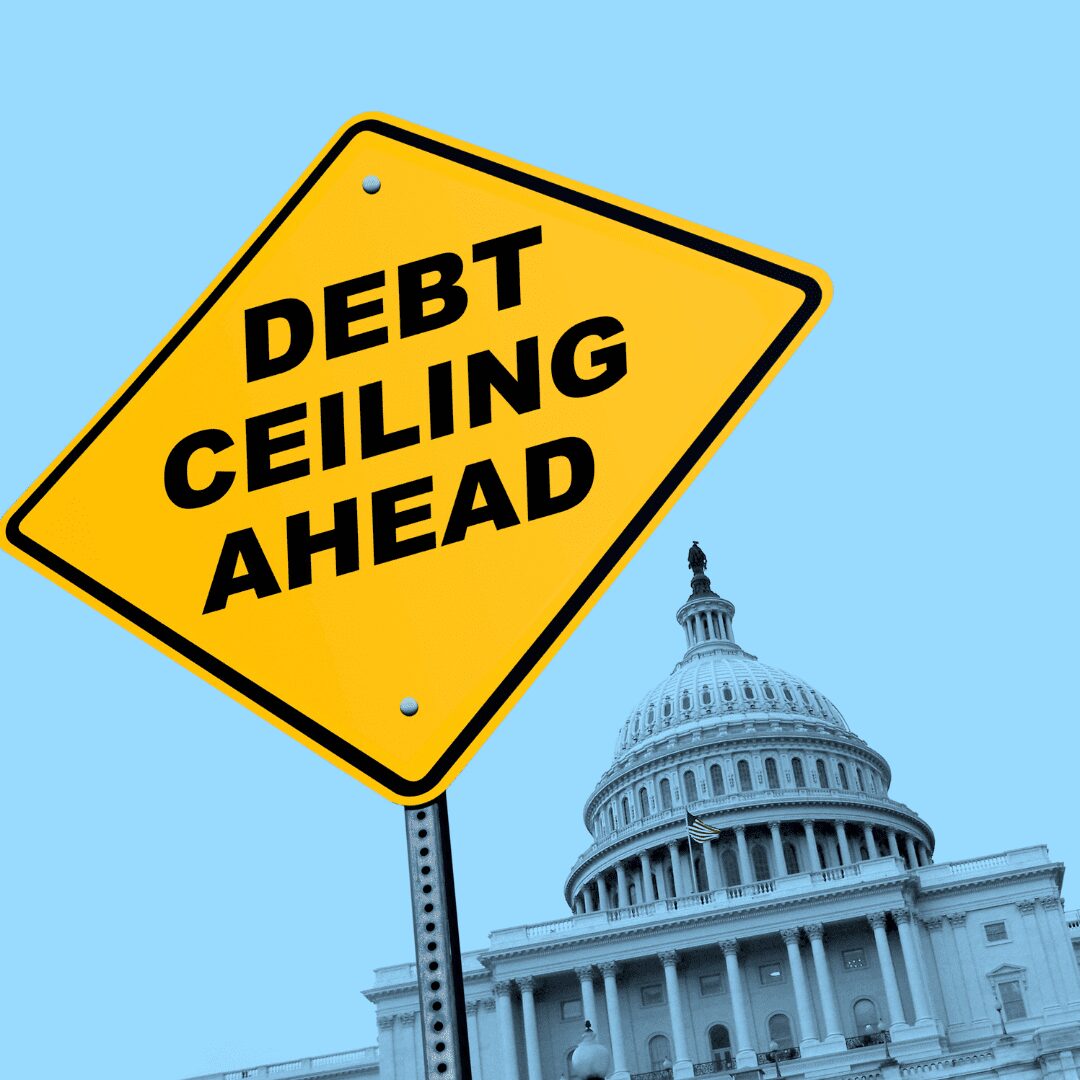
Taxpayers Protection Alliance Weighs in on Debt Ceiling Deal
Taxpayers Protection Alliance
May 30, 2023
For Immediate Release Contact: Courtney Mattison (202) 525-7492
May 30, 2023
WASHINGTON, D.C. – Today, the Taxpayers Protection Alliance (TPA) cautiously and conditionally welcomed a deal between President Biden and House Speaker Kevin McCarthy (R-Calif.) to avoid a disastrous and costly default. The Fiscal Responsibility Act’s claw back of unobligated COVID funds and energy permitting reform are encouraging but TPA remains concerned with long-term spending and the fiscal future taxpayers remain on track for with this deal. Avoiding a default is critical and this deal is a step forward, but lawmakers must continue to push for reform in Washington and leverage the appropriations process to restrain ever increasing spending.
In response, TPA President David Williams offered the following comments:
“With the X-date on the nation’s debt rapidly approaching, TPA commends Speaker McCarthy and President Biden’s efforts to reach a deal and avoid the consequences of default, which would be disastrous for taxpayers and consumers. The preliminary Congressional Budget Office score indicates that the spending caps included in the Fiscal Responsibility Act will save $2.1 trillion over their six-year lifecycle. H.R. 3746 also claws back billions in unspent pandemic funds, protecting taxpayers from further waste, fraud, and abuse. It takes positive steps on energy permitting reform, and codifies the repayment of student loans, the pause of which has cost taxpayers $5 billion per month since March 2020. We will trust, but verify that the pro-taxpayer and pro-consumer provisions remain in the bill and are not watered down.
“However, this deal prolongs a recent negative trend regarding the debt ceiling. In the first 90 years of the ceiling’s existence, Congress would generally raise it by a specific dollar amount. Since 2013, Congress has opted to suspend the ceiling seven times, significantly contributing to the burgeoning national debt. It is important for the government to be explicit and transparent in how much debt the Treasury Department can accrue and not just hand over a blank check.
“This deal does not go nearly far enough in resolving America’s deeply rooted spending problems. The proposal paves the way for $4 trillion in new debt over the next two years. In the history of the United States, the annual federal deficit has only eclipsed $1 trillion seven times. Four of those were during the Obama administration’s response to the financial crisis, with the other three coming during the response to the COVID-19 pandemic. Instead of returning to some semblance of normal, this deal accepts multi-trillion-dollar deficits as a terrifying new normal.
“In 2011, then-House Speaker John Boehner (R-Ohio) negotiated the Budget Control Act with President Obama and then-Senate Majority Leader Harry Reid (D-Nev.). These real spending restrictions were by no means perfect, but brought the deficit down from roughly $1.4 trillion in 2011 to only $442 billion in 2015. Given the dynamics at play this time around, it is immensely disappointing that these negotiations did not resemble those. It is a huge, missed opportunity to deliver a win for taxpayers.
“In the end, this deal also reflects some of the worst tendencies of policy making in Washington. It was negotiated behind closed doors with rank-and-file members of the House and Senate having to find out what is in the bill in a short period of time before being pressed to vote. Further, the American people are left scrambling to figure out what’s real and how this deal will impact them. This is irresponsible.
“While it’s encouraging that the nation won’t face the consequences of a default, it is imperative that the House GOP be far more aggressive during the ongoing fiscal year 2024 appropriations cycle. America’s reckless spending is unsustainable and deals like this will do very little to right the fiscal ship.”
#
Taxpayers Protection Alliance (TPA) is a rapid response non-profit, non-partisan organization dedicated to educating the public through the research, analysis and dissemination of information on the government’s effects on the economy.
